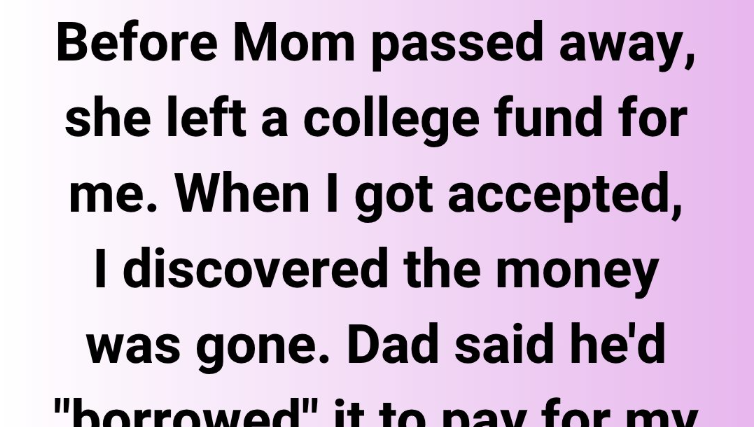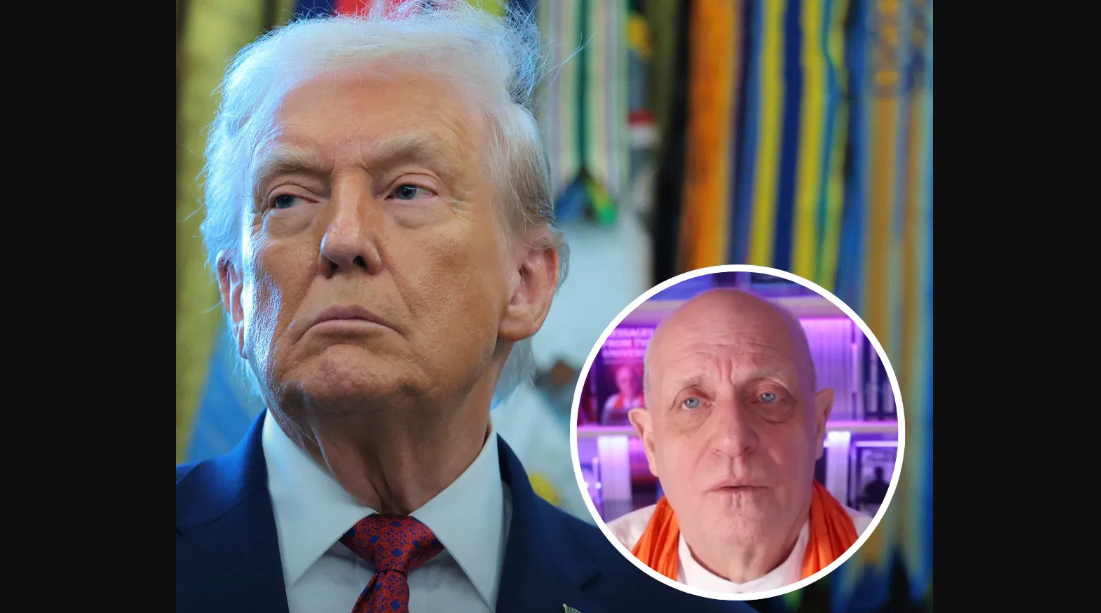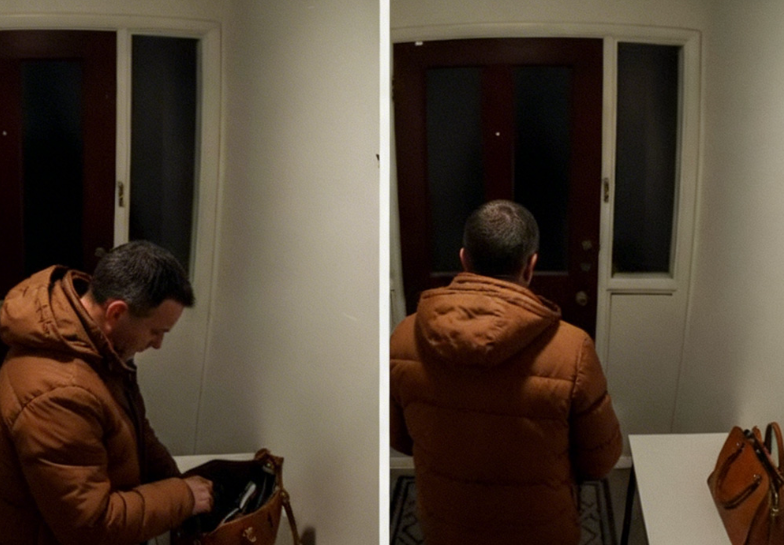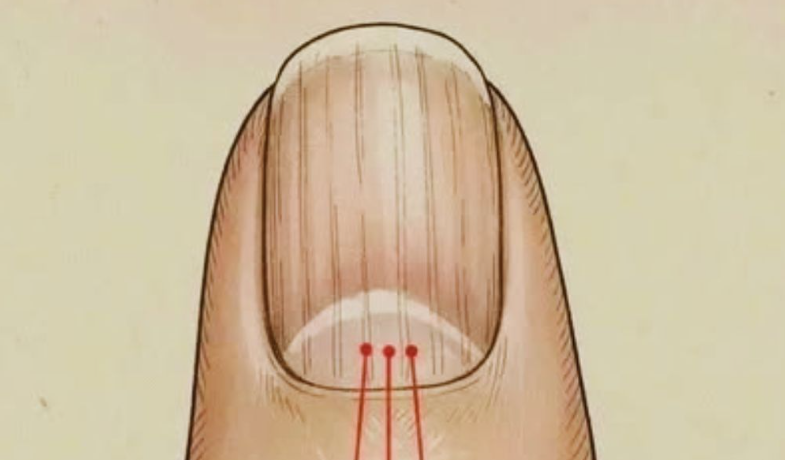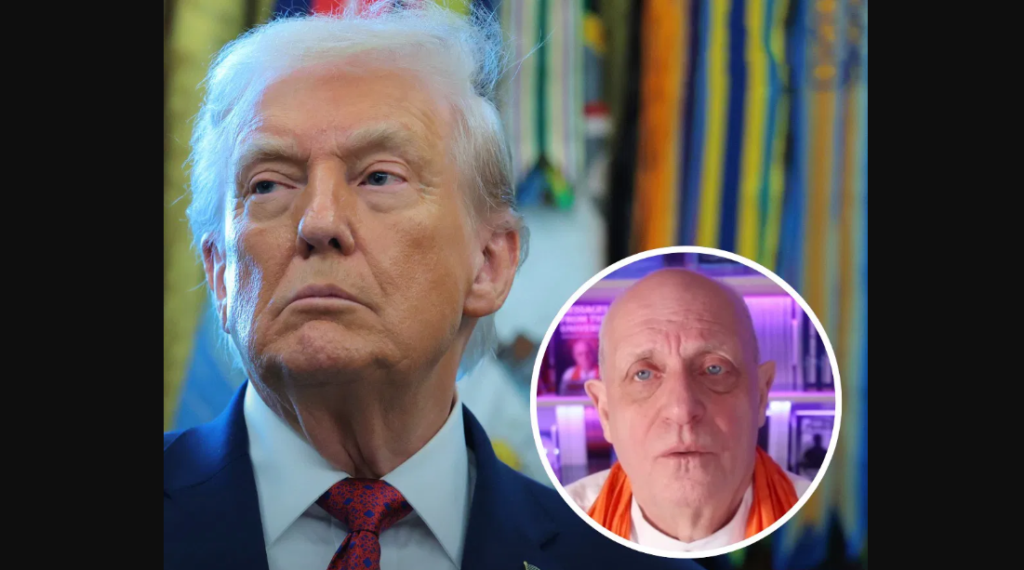When I turned 13, my mother left this world. My father entered a new marriage one year afterward with a lady who brought along a daughter exactly my age. I made efforts to welcome them, yet signs appeared quickly that my father poured far more energy into connecting with my stepsister than into preserving our bond as father and daughter. I transformed into someone resembling a visitor inside my own house. Everyone recognizes the pattern: family pictures excluding me, trips planned right across my examination periods, and similar occurrences.
I endured the situation, primarily since my mother had established a fund for my university studies, placing my father responsible for protecting it until the moment arrived for me to access it following high school completion. I applied myself diligently, secured acceptance at the institution I dreamed about, and prepared to embark on this fresh phase of life.
Yet shock overwhelmed me upon discovering zero funds available for covering my tuition fees. The entire amount had vanished!
My father finally gathered me for a conversation and revealed that he had taken funds from my university savings to cover expenses for my stepsister’s enrollment in an exclusive academy along with her specialized learning initiatives. In his view, this choice stood as essential because she displayed greater promise and emerged as a more capable learner who merited full access to chances for achievement, meaning the resources proved more wisely directed toward her path. He went further by stating that failing to channel support into her prospects would represent an unnecessary loss, suggesting that my own future lacked equivalent value.
Anger and sorrow consumed me equally. The sense of betrayal pierced profoundly—however, rather than crumbling under the weight, I resolved to alter the course and ensure my father grasped precisely the impact of his actions. I postponed my enrollment, drew in a steady breath, and began crafting a strategy.
One week passed, and my father stood motionless as I entered the living room carrying a suitcase filled with my belongings and quietly presented him with an envelope containing my words. Inside, I expressed that beginning right then, I refused to remain the overlooked element within his recently formed household. I planned to relocate to my aunt’s home—where a person truly recognized my value. Afterward, I pivoted and departed. Zero raised voices, zero flowing tears, pure quietude.
That quietude delivered a stronger blow than any heated argument possibly could. He attempted reaching out through calls, pleading earnestly, resorting even to emotional manipulation, yet I declined every ring. By the period when I commenced my university journey—supported through academic awards, financial aid programs, and generous help from my aunt—I had advanced significantly, constructing a life entirely independent from his influence.
Years have elapsed now, and I flourish in my endeavors, while reports indicate he continues efforts to mend the household he prioritized above me. Truthfully, occasions arise when I question whether my response carried excessive severity—if forgiveness might have served better or if maintaining some contact would have proven wiser. Perhaps my chosen approach avoided the simplest route, yet in those moments, it appeared as the sole method to convey to him the true extent of his irreversible loss.
